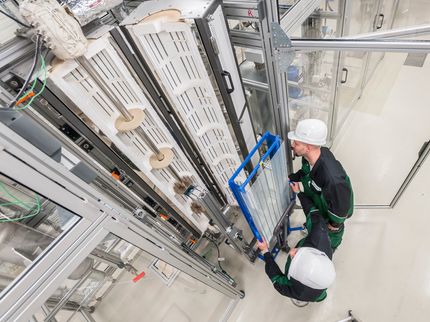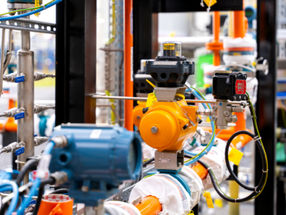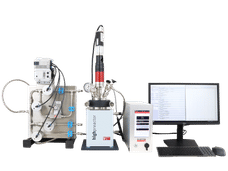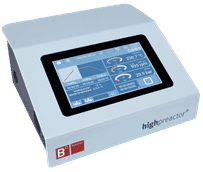First production of isobutene from wheat straw at the industrial pilot scale
Advertisement
Global Bioenergies and Clariant announced the first isobutene production from a wheat straw hydrolysate, in the industrial pilot of Pomacle Bazancourt. This success is the result of a collaboration initiated more than 18 months ago, and has been made possible by combining Clariant's proprietary process, allowing for the conversion of agricultural residues into sugar-rich hydrolysates, with Global Bioenergies' proprietary process for the production of isobutene from various industrial-grade sugars.
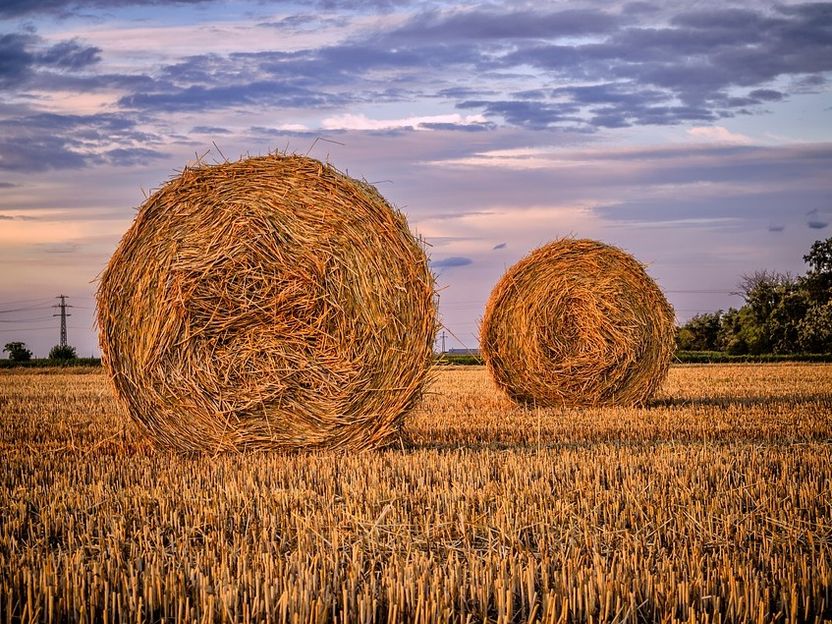
henryleester; pixabay.com; CC0
Clariant has produced the wheat straw hydrolysate, rich in non food/non feed second generation sugar, in its Straubing facility in Germany. This hydrolysate was converted into renewable isobutene in Global Bioenergies' industrial pilot operated by ARD in its Pomacle-Bazancourt facility. This result demonstrates the maturity, the complementarity, and the versatility of the two proprietary processes.
Clariant has developed a process allowing for the extraction of sugars from agricultural residues. These so called « second generation » (2G) sugars are produced as hydrolysates. Clariant's Pre-commercial plant of Straubing (Germany) can provide large amounts of such sugars and transforms them into ethanol using the sunliquid® process, with a capacity of 1000 tons ethanol output per year. The production of isobutene opens the door for a more general use of 2G sugars, beyond the ethanol market.
Global Bioenergies develops a process allowing for the production of bio-based isobutene by fermentation of various industrial-grade sugars. Isooctane, a derivative of isobutene, is an ideal additive for gasoline. Isooctane has by definition an octane rating of 100, associated with a low vapor pressure, two features ensuring better engine performances and environmental impact. Global Bioenergies has been actively investigating new potential feedstocks since 2014. The success of this approach, at the laboratory scale, was announced by press release as soon as March 2015, after a first round of tests using various non food/non feed sugars, including samples provided by Clariant. Scaling-up this approach in the Pomacle industrial pilot is an important milestone towards an integrated process from agricultural residues to isobutene.
« It is an important day in the history of our company: we know today that we can convert agricultural residues into isobutene, our lead product, at a preindustrial scale. Having access to a broader range of feedstocks enhances the potential of our process, and makes it a pioneering element of the bio-economy.», said Frédéric Pâques, COO of Global Bioenergies.
Markus Rarbach, Head of Biofuels & Derivatives of Clariant added: « These results demonstrate the quality of Clariant's 2G sugars. 2G sugars have so far been used mostly for ethanol production. This success illustrates their potential with other industrial biology processes, and notably with Global Bioenergies' process."



